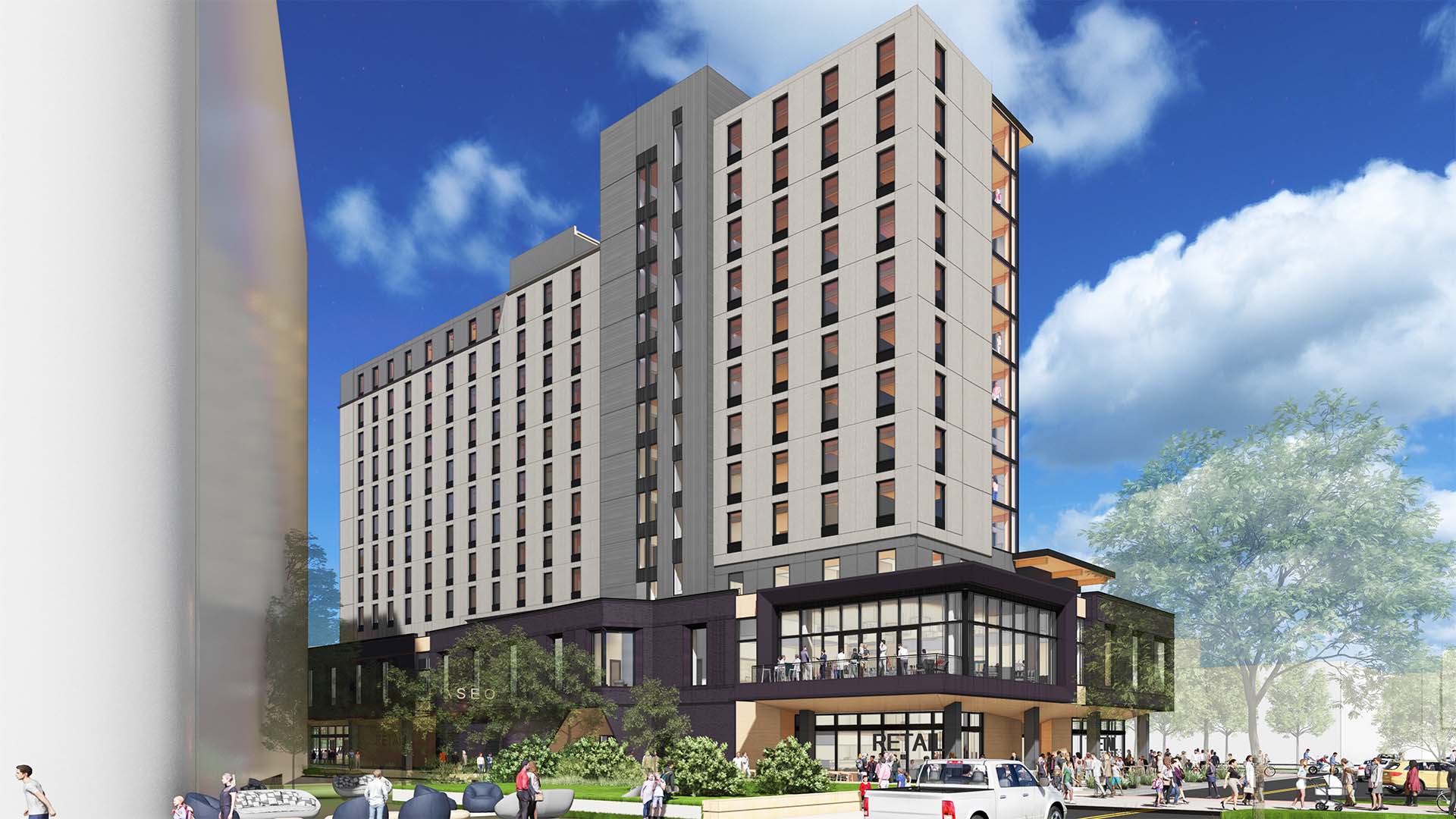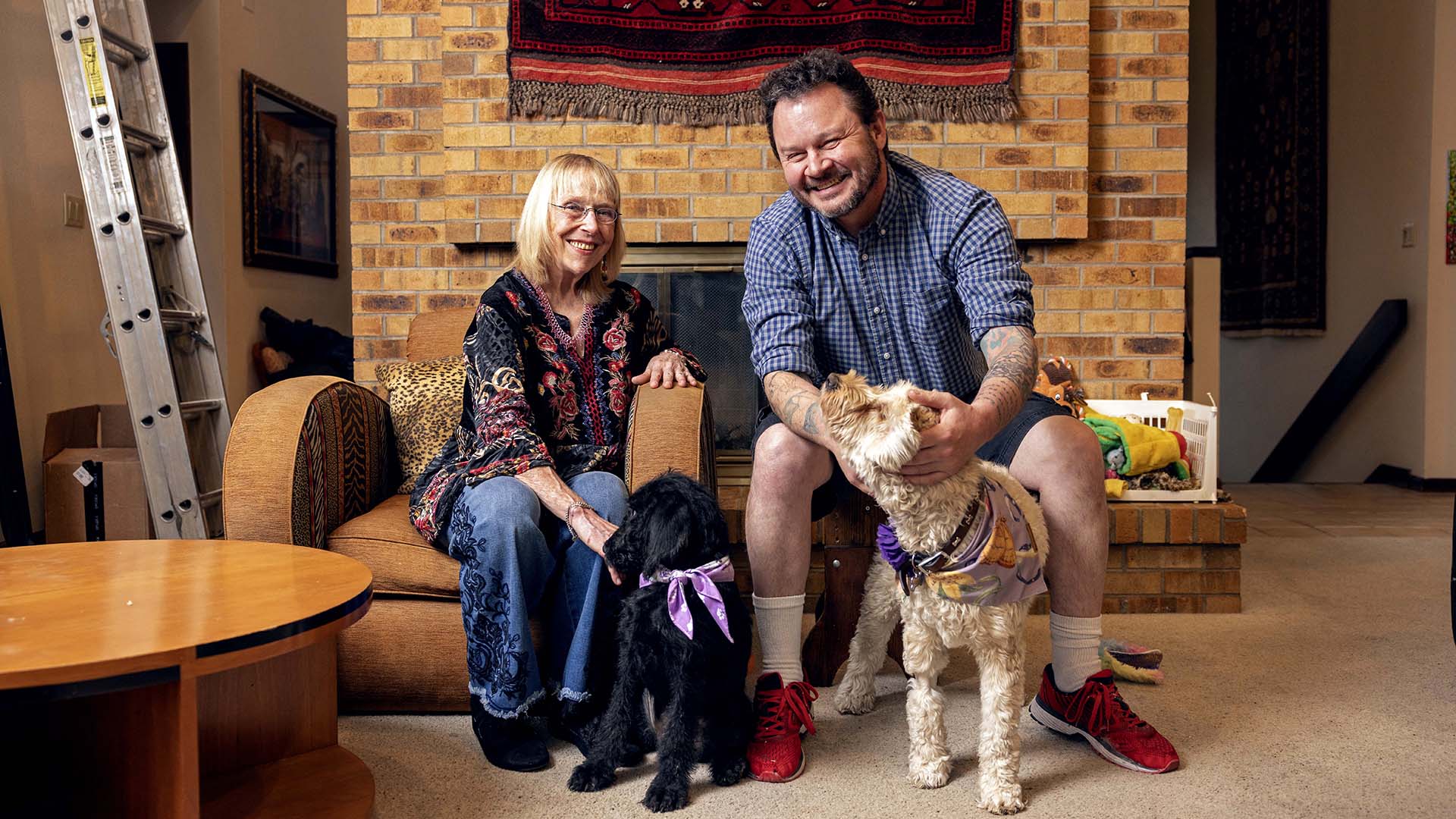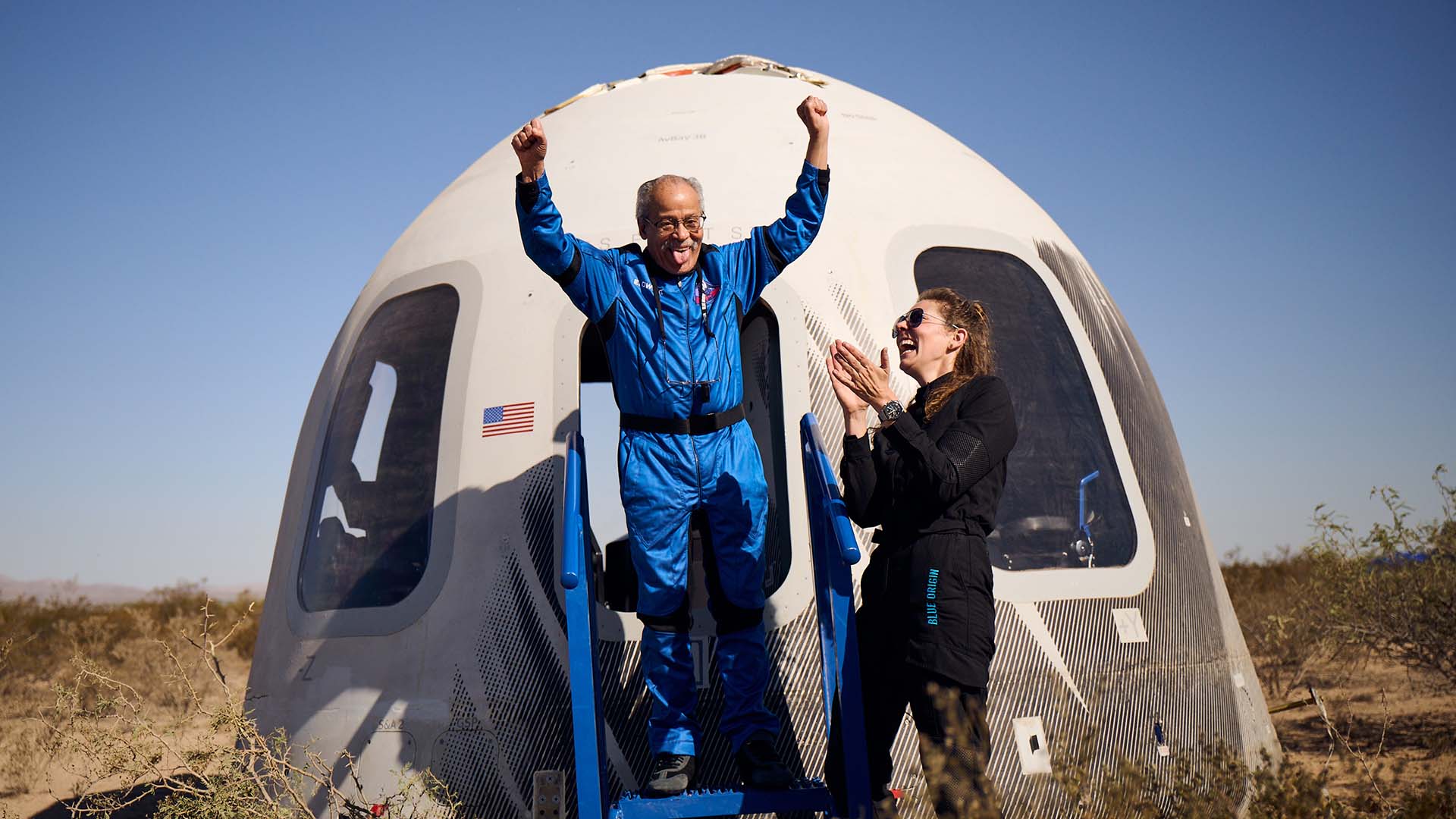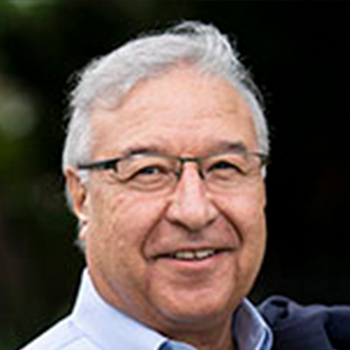With inflation soaring, more college students struggle with food insecurity
MSU Denver expands food-pantry access as meal costs rise and the pandemic drags on.
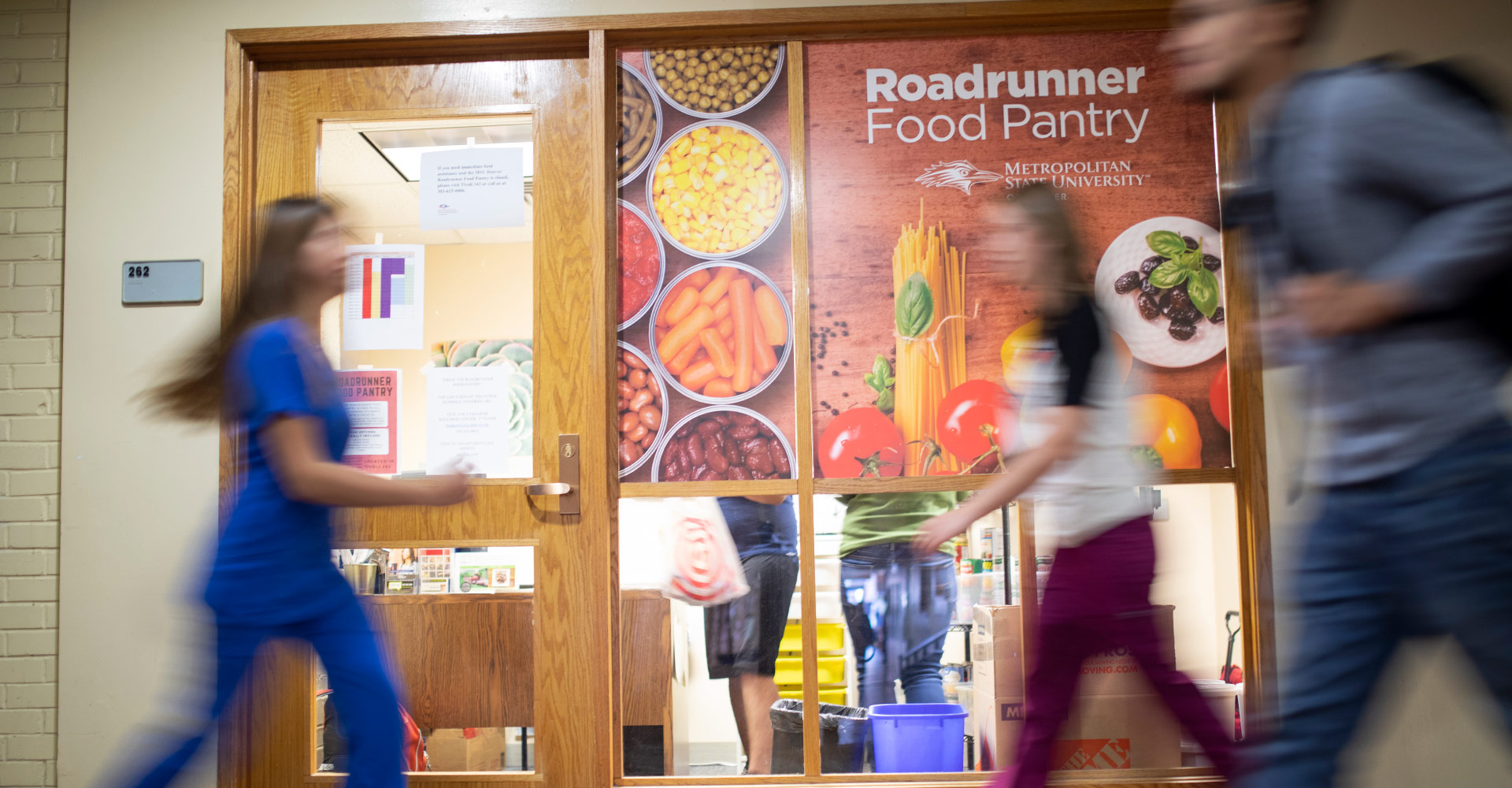
Maria Martinez knows firsthand the stigma that comes with needing food and having to ask for help.
“When I was younger, my family needed to use food pantries,” said the Metropolitan State University of Denver sophomore. “My mom hated going because some made you feel ashamed for coming in.”
That experience motivated Martinez, a Modern Languages major, to volunteer recently to assemble and distribute 150 food boxes for classmates struggling through tough times.
With soaring inflation, food prices nationwide jumped 6.3% in 2021, leaving several thousand MSU Denver students food-insecure. The U.S. Department of Agriculture defines food insecurity as having “limited or uncertain availability of nutritionally adequate and safe foods or limited or uncertain ability to acquire acceptable foods in socially acceptable ways.”

It’s a problem made worse by the roughly two-year-old Covid-19 pandemic, said Erica Quintana-Garcia, assistant dean and director of the MSU Denver Student Care Center. The staff at the center has seen an increase in the number of students seeking assistance and the severity of their needs due to the pandemic’s ripple effect on their lives.
“Increasing food costs have contributed to the growing demand for the Roadrunner Food Pantry services as well as the number of referrals related to food insecurity,” Quintana-Garcia said. “The number of students utilizing services has increased by 55% since before the pandemic.”
RELATED: Good hospitality
According to the National #RealCollege Survey Report, published last March by the Hope Center for College, Community and Justice at Temple University, food insecurity was a reality for nearly one-third of all U.S. college students after the pandemic hit.
The #RealCollege study found that 39% of students at two-year institutions and 29% of students at four-year institutions experienced food insecurity. A University-specific survey discovered that food insecurity was an even more pressing issue for students attending MSU Denver.
The data show that 35% of MSU Denver students had low or very low levels of food security in the previous 30 days; 39% could not afford balanced meals; and 39% worried about running out of food before having money to buy more. Pell Grant recipients and female, BIPOC, LGBTQ and first-generation students were at a disproportionally higher risk for food insecurity than other groups.
“Last semester, the Roadrunner Food Pantry served about 800 individual students,” said Miguel Huerta, assistant director of Community Engagement and Programs with the Student Care Center, acknowledging that those students are just the ones who sought help. “The report indicates we have at least 7,000 food-insecure students at MSU Denver. There’s a lot more work to do.”

In response, MSU Denver is working to make food pantries more accessible to students. Last fall, four satellite locations opened across campus in places where students gather, expanding the reach of the pantry beyond its original location in the Tivoli Student Union to the Jordan Student Success Building, the Gender Institute for Teaching and Advocacy, the Office of Veteran and Military Student Services and the Honors House in historic Ninth Street Park.
With no direct funding coming from the University, the food pantry relies on individual donors and grants to stock its shelves.
RELATED: SECORCARES mobile food pantry helps students in need
To combat negative associations with food banks, Huerta wants to get the message out that all MSU Denver students qualify to use the food pantry and that they’ll find a wide range of healthy food on its shelves.
“Students will find the shelves stocked with everything from vegan, vegetarian and gluten-free options to fresh produce and more,” he said. “Everyone could use a little break right now – we want students to show up and take advantage of it.”
Additionally, a community partnership with SECORCares and ENT Credit Union offers students the ability to shop at a free mobile food market on campus. The bimonthly visits provide students with a wide selection of food, giving them choices that food pantries are not necessarily known for.
“People know their dietary restrictions and what they like to eat,” said Amy Pfister, community-outreach coordinator for SECORCares. “It’s imperative that we’re not providing what we think students want to eat but rather offering an environment where they can pick and choose.”
Aligning philosophies have made a good marriage between MSU Denver and SECORCares, with eight mobile-pantry visits planned for this semester. Pfister said various factors make it difficult for people to put groceries on the table, including job loss, medical bills and the rising cost of food. SECORCares wants to break down barriers that prevent people from asking for support.
“You shouldn’t have to choose between paying rent or feeding your family,” she said. “It’s OK to say, ‘I need help with food.’ That’s what we’re here for.”
How you can help
The Roadrunner Food Pantry accepts unexpired nonperishable food and drinks, grocery-store gift cards and cash donations year-round.


